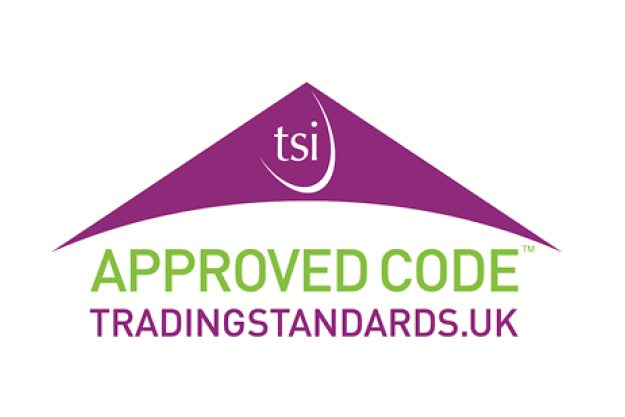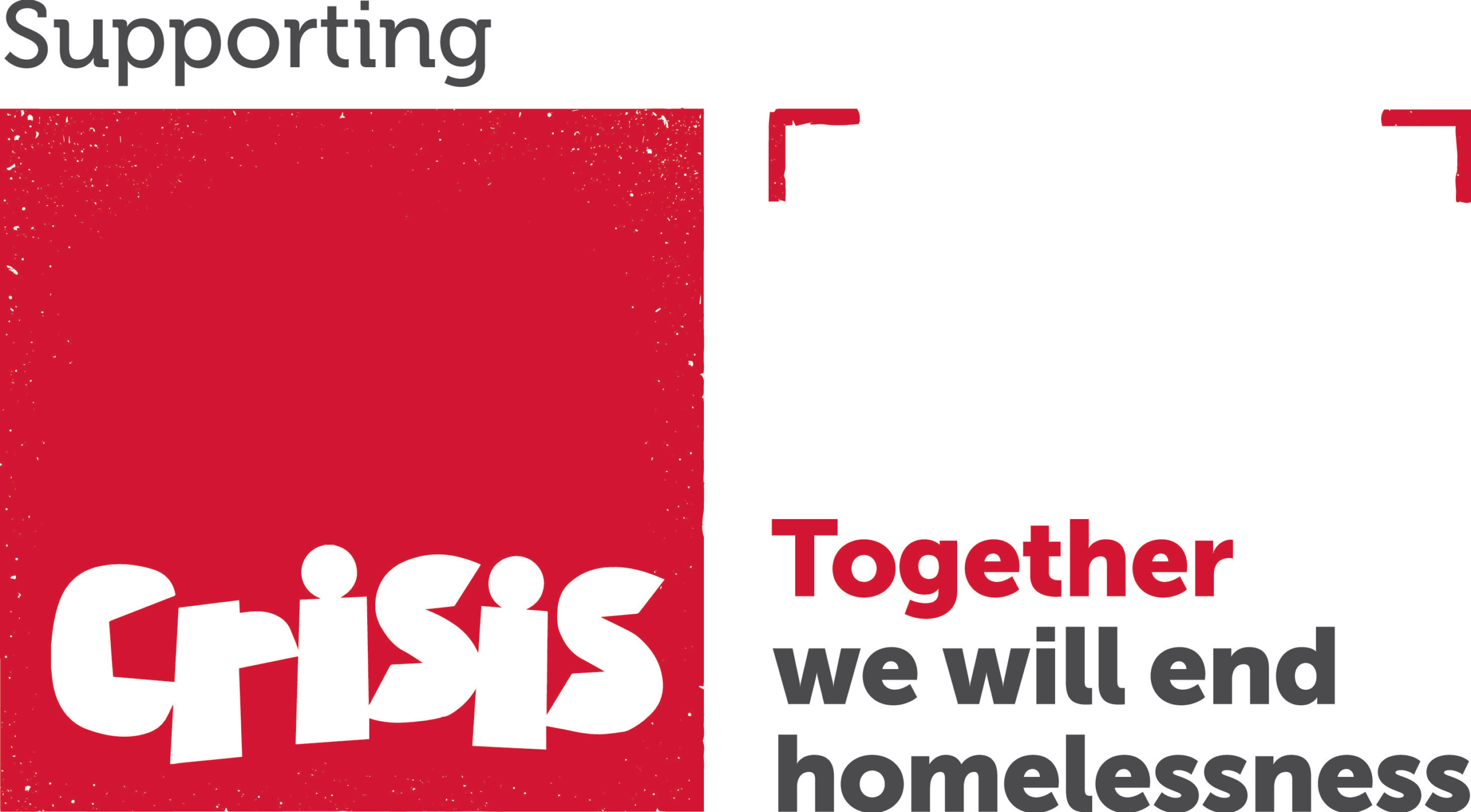Measures aimed at boosting workers’ income and increasing housebuilding are expected in Chancellor Philip Hammond’s Autumn Statement on Wednesday.
The first major economic statement since the Brexit vote will also unveil forecasts which are expected to show higher borrowing and slower growth.
Mr Hammond has warned of “turbulence” and “an unprecedented level of uncertainty” as the UK leaves the EU.
Labour predicted he would fail to help people on low and middle incomes.
The Autumn Statement takes place at about 12:30 GMT, after Prime Minister’s Questions in the Commons. Among the measures to be announced are:
- Reducing the rate at which benefits are withdrawn from people when they start work
- Banning upfront fees imposed by lettings agents in England
- Increasing the National Living Wage to £7.50 an hour from April 2017
- £1.4bn aimed at delivering 40,000 new affordable homes in England
Other changes which have already been announced include investing an extra £2bn a year in science by 2020, a crackdown on compensation claims for whiplash injuries aimed at reducing motorists’ insurance premiums and £1.3bn to improve roads.
The government has also faced calls to abandon planned cuts to Universal Credit, due to come into force in April 2017, which critics say will hit people who are “just about managing” – the group Prime Minister Theresa May has promised to protect.
The Office for Budget Responsibility will publish its estimates for the country’s economic growth and the government’s finances as soon as Mr Hammond finishes making his speech.
“The chancellor has got a very difficult task,” Paul Johnson, the director of the Institute for Fiscal Studies, said.
“For sure the economic numbers are going to get worse – he’s going to be borrowing more than he wanted to and he is going to be very uncertain about exactly where we will be in four or five years’ time.
“Mr Hammond received a boost on Tuesday as official figures showed the government borrowed a lower-than-expected £4.8bn last month.
Despite this he is expected to announce an extra £100bn of public borrowing for the next five years, compared with what was planned in March – largely because the economy is expected to grow less quickly than had been thought.
In the build-up to his statement, the chancellor has vowed to ensure the UK economy is “watertight” for the “sharp challenges” of Brexit and described the UK’s debt – national debt stands at £1.6trn – as “eye-wateringly” large.
The government said Mr Hammond’s proposals would “support ordinary working class families”.
They include changes to Universal Credit – the flagship single payment being rolled out across the UK – to reduce the “taper rate” from 65% to 63%. This means benefits will be withdrawn at a rate of 63p for every pound of net earnings.
The government said about three million households would benefit.
But the Resolution Foundation think tank said their gains would be “small fry” compared with previously-announced cuts to the work allowance, which is the amount people can earn before they start to lose their benefits.
On housing, the government said it would relax rules on how affordable housing funding could be used and promised additional measures in the Autumn Statement.
It said banning letting agents’ fees would help 4.3 million private rental tenants.
Citizens Advice welcomed measures on the agents’ fees and on workers’ wages.
However, chief executive Gillian Guy added: “There is still room to go further in helping ‘just managing families’; like looking at the cost of energy bills.
“And there are changes government could look at which don’t cost any money, such as asking councils to review their debt collection practices to make sure people who can’t pay their bills aren’t pushed further into debt.”
Labour, which has been calling for agents’ fees to be banned, said: “Any change of heart is welcome” but added that the government had “no plan” to fix the housing crisis.
Shadow chancellor John McDonnell said the reduction in the Universal Credit taper rate would be “too little, too late for those working families who have had to bear the brunt of six wasted years of failed Tory economic policies”.
“Despite all their rhetoric last month, and before the ink is even dry on the Autumn Statement, it looks like it will be jam tomorrow for working people under Theresa May and Philip Hammond.
“The SNP said the biggest threat to the economy was “uncertainty caused by this UK government and the threat of a Tory hard Brexit”.



